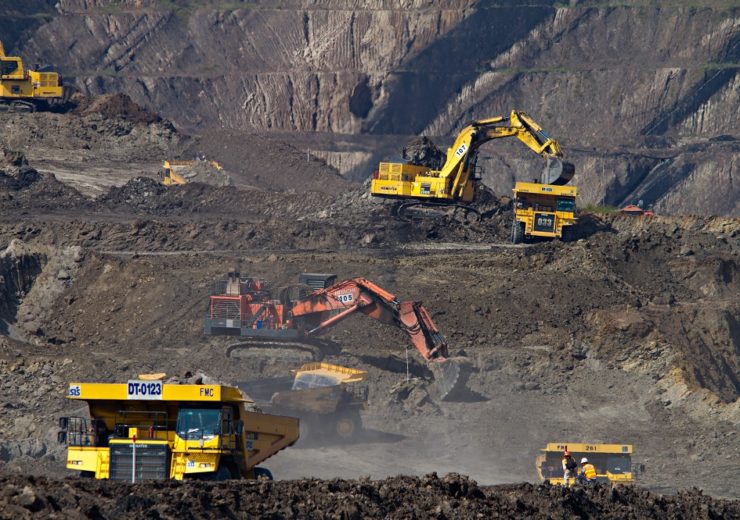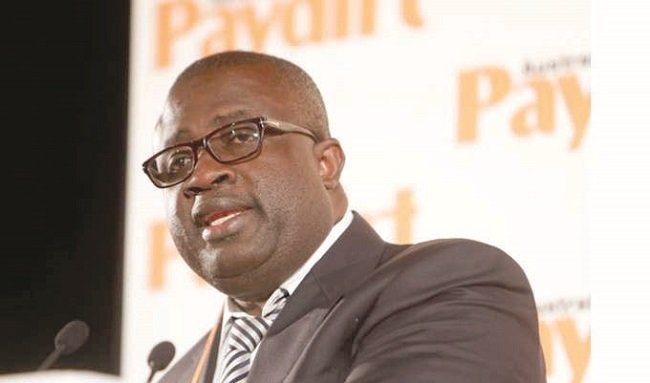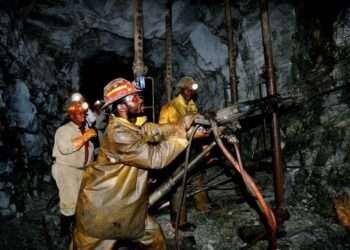Chief Executive Officer of the Ghana Minerals Commission, Dr. Tony Aubyn has called on various local mining entrepreneurs to help optimise the potential in the other mining sectors by venturing into the mining of uncommon areas of minerals such as bauxite, manganese and iron ore.
He made this call whiles speaking during an interview, where he added that, Ghanaians need to be encouraged to go into those “unchartered territories.”
“If the Ghanaian mining entrepreneur will be daring enough to go to unconventional areas like bauxite, manganese and iron ore, I think it is very important.”
Mr. Aubyn also made known that, the state corporations cannot bear all the responsibilities and believes that when a local mining entrepreneur is given the needed support they can equally bring in millions of dollars for the state by way of foreign exchange.
The main focus of the country’s mining industry still remains gold, although government has demonstrated its commitment by way of policies and legislative instruments in exploring the economic potential in other minerals by setting up the Ghana Integrated Aluminium Development Corporation and the Integrated Iron and Steel Development Corporation.
Beating South Africa to become the top gold producing countries, Ghana is one of the world’s top-10 gold producers and the largest in Africa. Ghana is also a major producer of bauxite, manganese and diamonds but not on a large scale as it is done for gold.
The current government in 2019 ramped up its desire to tap into the nation’s other mineral resources particularly bauxite which they saw as the country’s ticket to economic growth. However, the decision to mine this mineral received serious backlashes due to the fact that it was going to take place at the Atewa national forest, which the country holds so dear.

This saw, environmental activists suing government in a quest to stop the proposed mining project. Their claims were that, the mining will endanger the health and well-being, and also go contrary to the growing calls to increase nature reserves to combat climate change.
Campaigners and water experts also raised concerns and indicated that the environmental cost was too high adding that mining would taint the water bodies.
Ghana was looking to mine bauxite in a barter deal with China’s Sinohydro Corp. Limited. Sinohydro was expected to deliver $2 billion worth of infrastructure projects across the country, which Ghana would pay back with proceeds from the sale of the refined bauxite and also aid in skills development in Ghana.
China’s remains Africa’s biggest funder of infrastructure projects. The country as part of the deal pledged reams of cash for roads, bridges, power plants and oil refineries but the seemingly grand deal was halted due to the onset of the coronavirus pandemic which had to alter government’s plans.
China is the top buyer of minerals and rocks from Africa, pouring tens of billions of dollars into mining across the continent over the past decade, an investment that has fueled the country’s reign as the world’s largest aluminum producer.





















